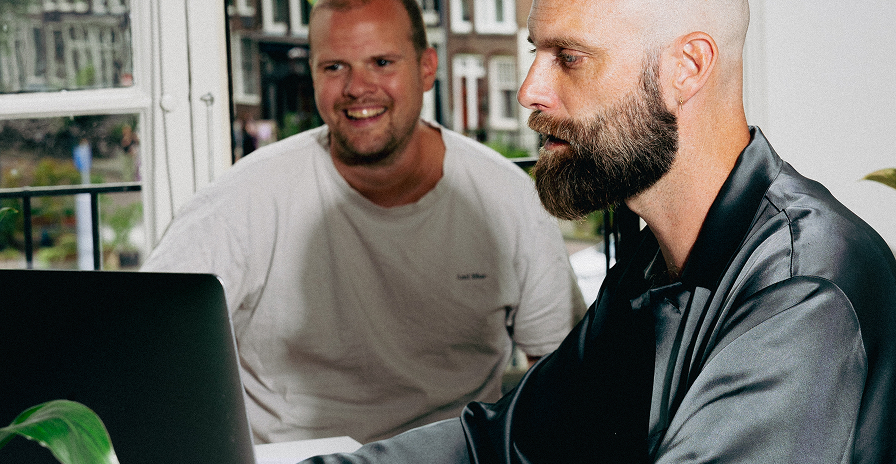

Cycling is an increasingly popular commuting option in the Netherlands — not only for sustainability and health reasons, but also due to the fiscal advantages. Whether you’re a sole proprietor (eenmanszaak) or a director-major shareholder (DGA) of a private limited company (BV), the Dutch tax system offers various benefits when using a company bicycle.This article outlines the key Dutch tax rules, including the €130 VAT deduction limit for private use, the 7% income tax addition (bijtelling), and the differences between how sole proprietors and BVs are treated.
When a business purchases a bicycle for work-related use, the VAT (btw) is in principle deductible. However, if the bicycle is also used for private purposes (such as commuting), a deduction limitation applies.Under the Besluit Uitsluiting Aftrek van btw (BUA), the deductible VAT is capped at €130 per bicycle. If the VAT amount exceeds €130, the excess is not deductible.Note: This restriction only applies if the bicycle is made available for private use.To apply the deduction, the following conditions must be met:
When a bicycle is made available for both business and private use, it qualifies as a benefit in kind. Since 1 January 2020, a fixed bijtelling of 7% applies, based on the consumer retail price including VAT and accessories.Example:
If the list price of the bicycle is €2,000, the annual bijtelling is €140. This amount is added to the taxable income of the entrepreneur (income tax) or employee/DGA (wage tax).If the user makes a personal contribution for private use, this may be deducted from the bijtelling — as long as it is properly documented in the administration.
If you're a self-employed entrepreneur, the company bicycle is treated differently than in a BV structure.
✅ Business vs. Private UseIf the bicycle is used for more than 10% business purposes, it may be classified as a business asset. This allows you to deduct the purchase price (via depreciation), maintenance costs, and insurance from your business profits.
✅ Income Addition for Private UseIn case of private use, you must apply the 7% addition to your business profit, which increases your income tax base.
✅ VAT Deduction with RestrictionVAT on both the purchase and maintenance is deductible, with a maximum of €130 if the bike is also used privately.
When a BV provides a bicycle to a DGA or employee, the rules differ slightly from those for sole traders.
Ownership and Use: The bicycle remains property of the BV (or the leasing company) and is made available to the employee or DGA for work and personal use.
Wage Tax and Payroll: The 7% bijtelling is added to the gross salary, and wage tax and national insurance contributions are calculated accordingly. The BV may also choose to designate the value under the work-related costs scheme (werkkostenregeling), provided sufficient free space is available.
Employee Contributions Reduce Taxable Benefit: If the employee or DGA makes a personal payment for the use of the bicycle, it reduces the taxable benefit. Ensure this is properly processed in the payroll records.
VAT Deduction by the BV: The BV may deduct VAT on the purchase, again with the €130 cap for bicycles used privately. All tax conditions must be met, including proper documentation.
Providing a company bicycle can be an attractive and cost-effective choice for both sole proprietors and private limited companies (BV's) in the Netherlands. However, to benefit fully, it’s crucial to understand and comply with the VAT rules, bijtelling, and differences between legal forms.Tip: Always consult a Dutch tax advisor or bookkeeper to ensure correct application of the rules and to optimise your tax position.
Tip: Always consult a Dutch tax advisor or bookkeeper to ensure correct application of the rules and to optimise your tax position.
Not your regular financial advisor. Unlock your financial potential
and get your money to work!